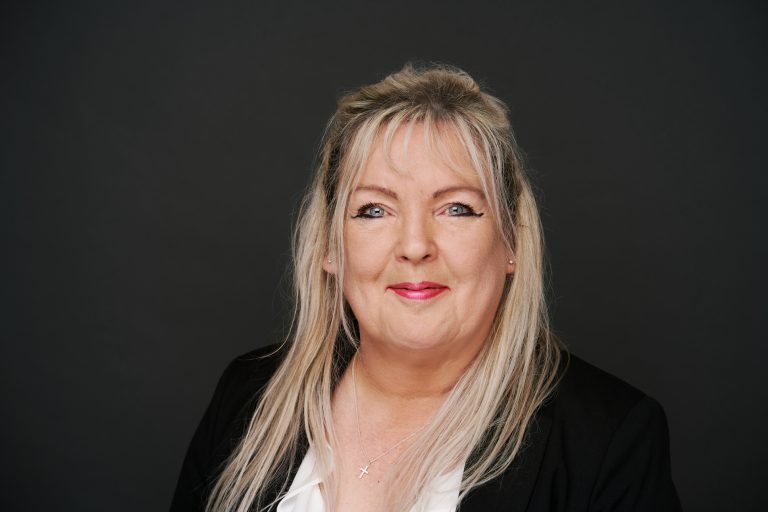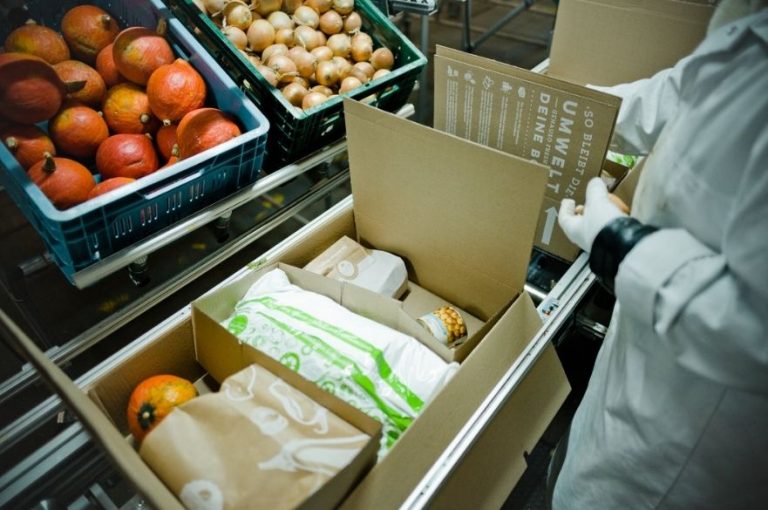- Reuse scheme will increase availability of IT equipment by recycling unwanted business kit for use by community groups
- Other innovative projects will create local digital hubs to increase access to training, aid education and develop digital skills
Grants worth £300,000 will help address digital poverty in Leicester and Leicestershire – with schemes including a project to recycle unwanted IT equipment for people who would otherwise be excluded.
The Leicestershire Local Enterprise Partnership (LLEP) has awarded £300,000 in grant funding to seven local projects addressing digital poverty.
Digital poverty is the term used to describe challenges faced by people when trying to access online services, such as applying for a job, making an appointment, doing homework or keeping in touch with family and friends. This may be due to a lack of devices, connectivity, or basic skills.
The shift to online during the Pandemic has demonstrated the importance in day-to-day life of being able to use a smartphone or computer to access work and services.
The LLEP grant funding supports a range of innovative projects across the city and county, including recycling devices, laptop lending, skills support and digital buddies who can provide one-to-one help.
Kevin Harris, Chair of the LLEP Board of Directors, said: “The pandemic has brought into focus how challenging it can be in today’s society to access services, grow skills, and apply for jobs without access to digital technology.
“By investing in accessible digital hubs, supporting training and increasing availability of equipment, the LLEP is working towards its goal of creating a region which is more productive, innovative and inclusive.”
The Leicester and Leicestershire Economic Growth Strategy 2021-30, launched by the LLEP in December, sets a vision for harnessing local strengths, innovation and skills. The document’s vision is to create a resilient and adaptive workforce which continues work completed over the last decade to increase economic participation and prosperity for residents.
Reaching People brings together frontline voluntary and community organisations in Leicester, Leicestershire and Rutland.
It was awarded £87,941 to establish a Leicester-based community business that will promote better use of pre-owned IT equipment.
The Refurb, Reuse, Include project will acquire and format obsolete IT equipment from local businesses, before gifting it to local charitable groups for use by people who would otherwise be digitally excluded.
Ruth Rigby, CEO of Reaching People, said: “With this funding, and the support of local businesses, we’ll provide safe, local recycling of laptops, tablets and other equipment to support people who struggle with the cost of digital equipment to get online.”
Stewart Smith, the LLEP’s Head of Employment and Skills, said: “The seven projects demonstrate an imaginative and exciting response to the challenge of digital poverty and will sustainably increase both accessibility and skills.”
All seven projects are due to start in early 2022.












